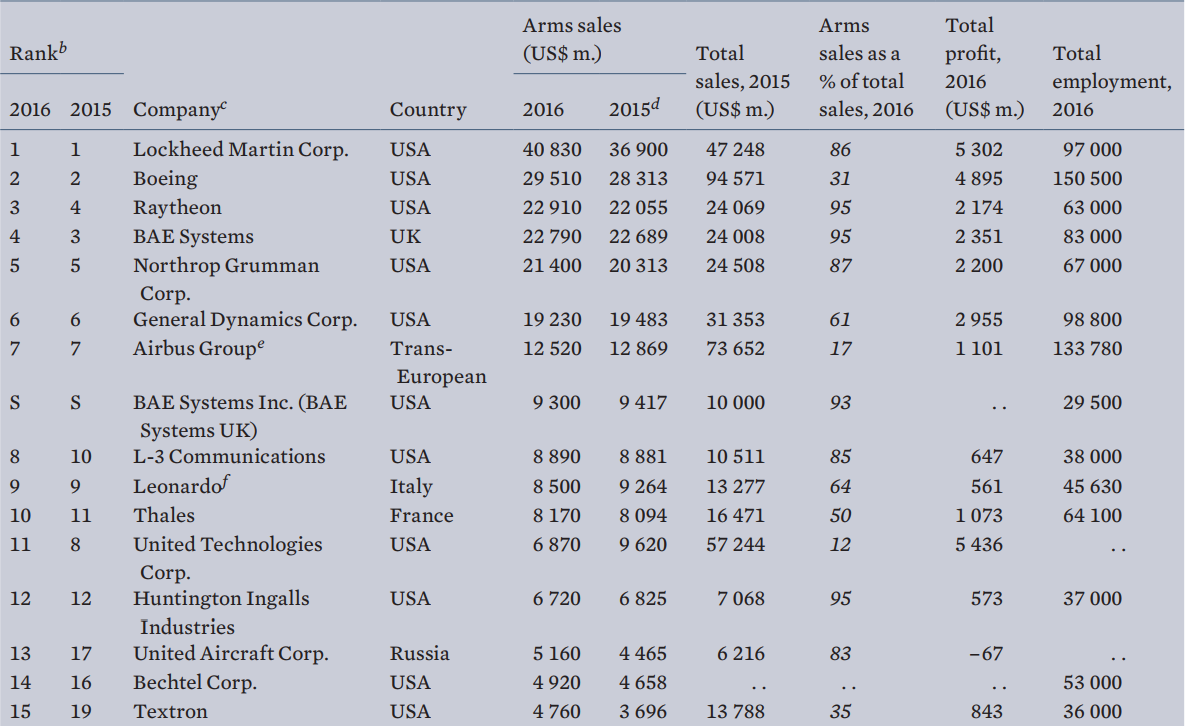If you start a company, you will found it on certain principles, ideas and values. And then, the universe will test them.
In this post I explain to you how I came to draw a line in the sand this week.
Made a firm decision this morning to ensure that @BrutalPixie doesn’t work with companies or orgs whose biz is war, including those whose revenue is 25% or more derived from clients whose biz is #war (“defence”), #weapons, or #SmallArms.
Here’s a line in the sand for humanity.
— Leticia Mooney (@biodagar) May 21, 2018
Can I tell you a story?
When I was a small kid, I was (still am) a die-hard pacifist. I was very much about cohesion, collaboration, and life. When the world freaked out about the United Colours of Benetton devil/angel ads, I loved them. Not because I was racist, but because I saw them in a different way. I saw them as the uniting of both sides of a story, both sides of humanity, both sides of everyone’s personality. I saw in those ads a light that everybody else missed, a recognition that this had been the story, that it was changing. I didn’t understand until much later the politics of the freak-out. (I was pretty young.)

I learned to meditate when I was about 9 years old, and studied ancient, translated Hindu and Asian texts even though I didn’t understand them (much to the disgust of my Catholic primary school when I asked uncomfortable questions, I might add!).
Over time, I became an active protestor. I was active in anti-uranium mining groups here in SA when I was a student. My partner and I (well, mostly him!) cooked an incredibly huge bucket of green goo, and the group spilled it over Jetty Road in Glenelg when (then-PM) John Howard was in town. We stood as a group, stark in white radiation suits against the sea and the green goo, as the (harmless) goo went down the drain. Nobody cared. But we felt good about it.
As an undergraduate I participated in anti-GM groups and wrote, designed and published high-quality information booklets about the science of genetic modification, based on thousands of scientific articles. You know, the ones that weren’t about how it will save the world, but about its effect on life and environment.
As a postgraduate I studied the experiences of prisoners of war from World War II, while editing their diaries, and thinking about whether it’s appropriate to make editorial changes to a historical artefact.
This is why it will come as absolutely no surprise to you, then, that in my company Brutal Pixie, we have a set of strong values and moral codes. One of them is: Live well. Another is Default to Transparency.
Living well means also enabling others to live well: You, our clients, our community. It’s much bigger than just enabling ourselves to live well.
This is why I have made a firm decision not to work in service of war.
To me, a “defence” department isn’t really defence. It’s War. Leave all the comments you like about that, you won’t get me to argue. Anyway! I’m going to refer to them as the Departments of War from here onwards.
In South Australia, one of the largest industries is War. It’s war-related ships. It’s war-related technology. We don’t hear so much about weapons manufacturing, but we sure as hell hear about weapons testing. At the AmCham Lunch on Friday 18 May 2018, Flavia of Fleet Space Technologies talked about how Australia is “empty” and can and should be used by people all over the world to “blow things up”.
Knowing how devastating blowing things up is to the environment, and knowing that Australia isn’t ‘empty’ but is filled with beautiful and fragile ecosystems, I was shocked to the core. I wanted to stand up and disagree. I wanted to tell everyone in the room about how short-sighted such a thing is. Flavia, I lost every inch of my respect for you right at that moment. Sorry, mate.
As a company that works in complex industries, we do lots of work in various forms of engineering. Civil, structures, water. We edit research into mining engineering, and have done a lot of work helping researchers write about the mechanics of deep underground rock bursts.
And yet, loads of engineering companies also work with Departments of War. So this has caused some navel-gazing.
At what point do you allow your values to ‘interfere’ with your money-making?
I remember a conversation I had a couple of years ago with a local man I deeply respect, Nick Crowther, who heads up the frankly brilliant digital agency, Freerange Future. A few years ago now, Nick took the company in a new direction. Together, they made a firm decision only to work with companies that work for the greater good.
Just as they’d made this decision, they were presented with an opportunity to work with a mining company. It was a big contract, a lucrative deal. It was the Golden Land. But the question was: Should they take it? It would do great things for them.
Eventually, after much discussion, the team decided to stick to its guns and turn it down. It was out of alignment, and they honoured their new direction. Their growth since then speaks volumes about how good was that decision.
My decision was a little less clear-cut. It was about clients of clients.
For Brutal Pixie, I reached the point where I needed to make a decision. That decision was: If a company works with a Department of War, at what point do we say no to working with them? How much of the work is suitable for us to say yes? Is it 5%? Is it 50%? Is it zero? And is it just war; is it also arms manufacturing? Weapons? Resources mining?
We are starting at 25% or more. My goal is to come back down, systematically, to Zero Tolerance.
What’s the big deal?
From a purely business perspective, you could argue that if I work with a company that isn’t directly a Department of War, then what’s the big deal?
From a purely values-driven perspective, you could argue that zero tolerance is the only way forwards.
Life is not black and white (unless, perhaps, you’re an American) and most of us live in a mix of greys, making decisions along the way. But the truth is, I will not contribute to destruction. Frankly, I’d rather get a job in a supermarket if I had to choose between the two.
Australia is actively underwriting arms exports. In January 2018, according to the Guardian, the Australian government had a plan to use a $3.8bn fund to underwrite an expansion of arms exports; administered by the Export Finance and Insurance Corporation. In terms of small arms, 90% of civilian casualties are caused by small arms. And in terms of foreign military bases in Australia, we take the same view as the Medical Association for the Prevention of War’s policy, which they adopted in 1986. And don’t forget this all gets complicated by the difficult issues of fully autonomous weapons, too.
So I went looking for the companies who profit from War, weapons and arms manufacturing. What I learned is that there are loads of companies we need to exclude. Looking through the list, though, I also realised that excluding them based on a percentage of total revenue would be easiest.
The complicating factor is that, if I decide on Zero Tolerance with clients, and discover that a supplier of ours meets exclusionary criteria, it means I must exclude those too (even if they’re amazing). It would mean, for example, that if I learn that Google is building a sentient destructobot, then I have to rebuild the software infrastructure the company runs on. I need enough time and resources to have enough research done to go down that road. It’s not an excuse: It’s reality.
Running a business that is completely values-aligned is rarely an easy thing to do. All I know right now is that we won’t work with companies that are known to profit from war. See below for a complete list by the SIPRI 100, from 2017.
So what is the final decision?
We will not work with your company if 25% or more of your revenue is derived from War or Weapons or Small Arms, including supply of parts and materials (from ball bearings to uranium).
It’s a tough decision to make.
It’s also the right decision.
Leave a comment and let me know what you think.


